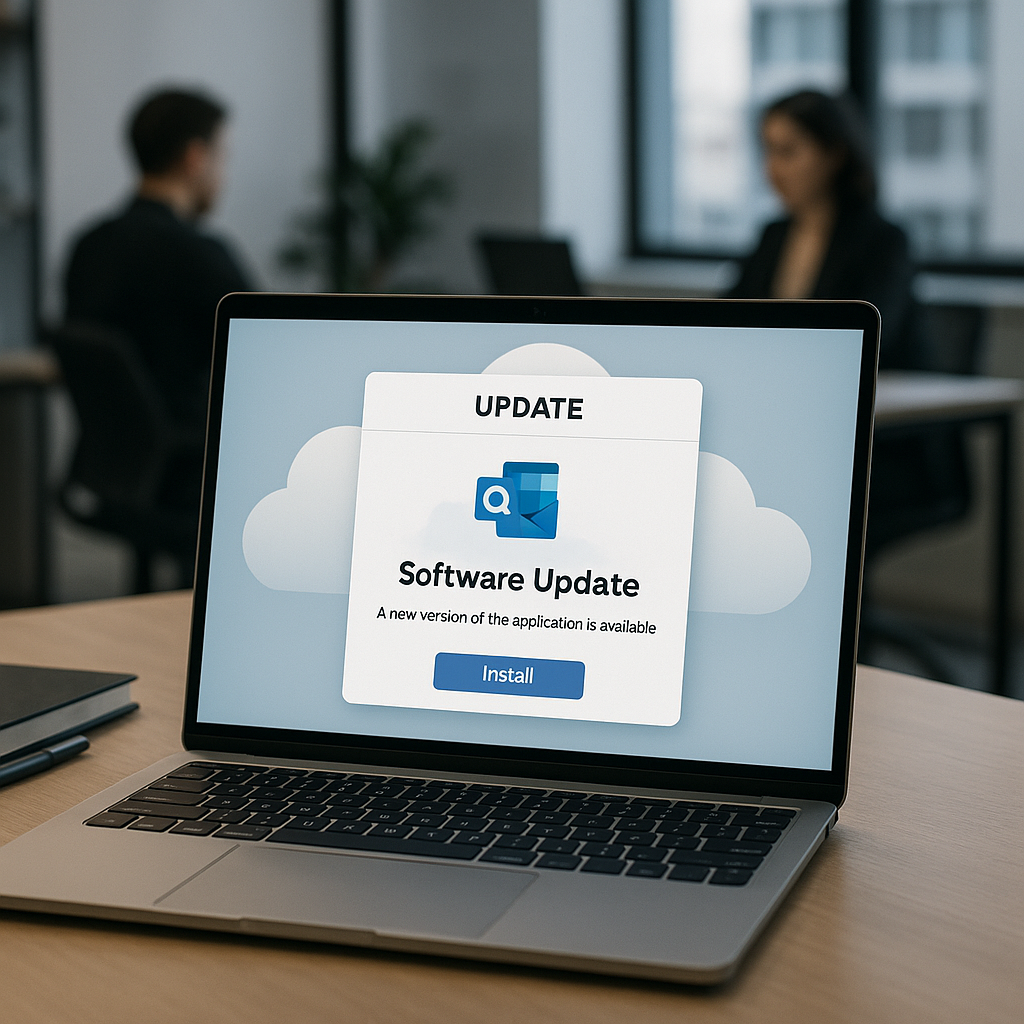# How Amazon’s Resilience Against Tariffs Reflects Broader Business Strategies
In the ever-evolving landscape of e-commerce and retail, companies face numerous challenges, from economic downturns to shifting consumer preferences. Recently, Amazon’s CEO, Andy Jassy, addressed concerns regarding the impact of tariffs on the company during the Q1 2025 earnings call. His insights shed light on how Amazon is positioned to tackle such challenges and emphasize the importance of resilience and adaptability in business. At Best Choice, we believe that understanding these dynamics can help all businesses, big or small, navigate uncertainties successfully.
## Understanding the Tariff Challenge
Tariffs can create unease in the market, disrupting supply chains and affecting pricing strategies. They often impose higher costs on goods imported from certain countries, which can trickle down to consumers in the form of increased prices. However, Jassy conveyed a sense of confidence when discussing Amazon’s ability to withstand these fluctuations due to its vast scale and diverse supply chain network.
For businesses, this highlights the significance of having a flexible supply chain—one that isn’t overly reliant on a single source or region. By diversifying suppliers and geographical reach, companies can manage risks more effectively. Implementing IT solutions, such as supply chain management software, can help monitor supplier performance and predict potential disruptions.
## Stocking Up in Advance: A Practical Strategy
Jassy mentioned a trend of customers purchasing more everyday essentials, possibly as a precaution against potential price hikes due to tariffs. This behavior exemplifies a proactive approach that all businesses can adopt.
One practical case I’ve encountered involved a small grocery store chain that noticed an increase in bulk purchases of pantry staples just before the pandemic hit. Recognizing this trend, they optimized their inventory management systems to ensure adequate stock levels during uncertain times. By using data analytics to track purchasing patterns, the store was able to forecast demand accurately and avoid stockouts. This strategy not only helped maintain sales but also cemented customer loyalty.
## Leveraging Variety to Stay Competitive
With “hundreds of millions of SKUs,” Amazon thrives on offering a vast product selection. This capability allows them to meet diverse consumer needs even when specific items are in short supply. For smaller businesses, especially those in retail, this presents a crucial lesson.
Let’s consider a local sports equipment retailer. When several major suppliers faced delays due to tariffs and supply chain issues, this retailer quickly adapted by sourcing alternative products, including local manufacturers of sporting goods. By providing customers with a broader selection of alternatives, the retailer not only weathered the storm but also gained a reputation for reliability.
Additionally, turning to cloud services can help businesses easily manage extensive inventories, ensuring that they can quickly adapt to changes in supply or demand without significant disruptions.
## Trust and Customer Loyalty: The Cornerstone of Business Resilience
Jassy pointed out that during uncertain times, customers tend to gravitate toward trusted providers. This fact underscores the importance of building customer trust through consistent service, reliable products, and transparent practices.
At Best Choice, we frequently advise our clients on implementing customer relationship management (CRM) systems. Such systems allow businesses to keep track of customer interactions and feedback, helping them to understand their needs better. A tailored approach can lead to increased customer satisfaction and loyalty, which are essential during challenging times.
### Tips for Building Trust:
1. **Transparent Communication**: Always keep customers informed about their orders, potential delays, or product availability.
2. **Exceptional Customer Service**: Respond promptly to inquiries and resolve issues efficiently to foster a positive brand image.
3. **Quality Control**: Ensure that products consistently meet quality standards to build customer confidence.
## Conclusion: Embracing Change with Confidence
Amazon’s approach to potential tariff challenges reflects a broader lesson for all businesses: resilience comes from being prepared for change. Whether through diversifying suppliers, expanding product offerings, or building robust customer relationships, organizations can take proactive steps to mitigate risks.
At Best Choice, we specialize in helping businesses implement IT solutions that enhance operations, increase efficiency, and build customer loyalty. If your organization is looking to navigate uncertainties or improve resilience against market fluctuations, we’d love to assist you. Reach out to us today, and let’s discuss how we can help your business thrive in any environment.





